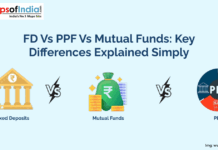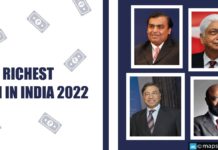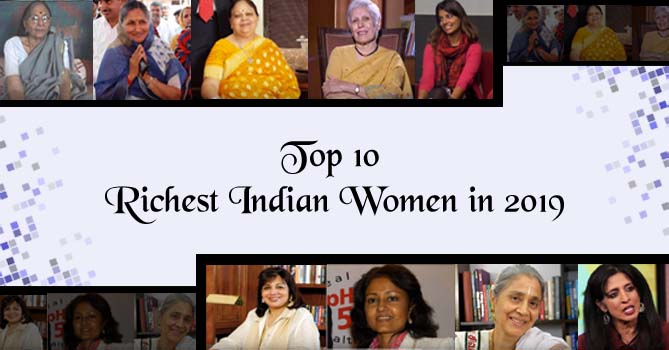 The two-day Economic Times Global Business Summit has just concluded in Delhi and the key take away was that India continued to remain the best performing nation and that the India growth story is likely to continue through FY 16-17.
The two-day Economic Times Global Business Summit has just concluded in Delhi and the key take away was that India continued to remain the best performing nation and that the India growth story is likely to continue through FY 16-17.
That said, there was almost unanimous opinion among both international and domestic investors and policy makers that India had to step up investment in infrastructure, increase the pace of reforms and improve the ease of doing business, if India was to get back to double digit growth.
Another important feedback for India lay within the pages of the Global Survey Report of Top CEOs prepared by the well-known international tax consulting and auditing firm PricewaterhouseCoopers (PwC). Speaking at the inaugural session discussion on Day 1, Dennis M Nally, CEO PwC brought up an important point regarding perception between Indian CEOs and global CEOs. He said that their survey pointed out that 27% of the International CEOs were bearish on the global economy for the coming year, while most Indian CEOs were actually bullish.
Another important point raised was that while India continued to be the fastest growing economy in the world, it actually ranked 5th in the most favoured destination for investment after US, China, UK and Germany, in that order. This reflects the dichotomy that the economy faces. Unless, India were to speed up the pace of reforms, improve ease of doing business and step up infrastructure spending, India would not be able to fully exploit the prevailing conditions in global economy that are favourable to the country.
A similar bullish sentiment on the India growth story was expressed by the Chairman and President of US Exim Bank who spoke of India’s plans to significantly increase spending in the energy sector, namely solar, wind and nuclear, which could have a direct impact on spurring the economy further.
Dominic Barton, CEO of McKinsey spoke about the India growth story and the fact that large global pension funds were expressing increasing interest in parking their funds in India’s infrastructure, since they require long-term investment in stable economies, and India was well poised to offer attractive investment options.
Respected Global Risk Analyst and Speaker Nassim Nicholas Taleb spoke of how fixers and deal makers were stifling growth in India which was a bigger issue than corruption. Other important speakers at the Summit included Boston Consulting Group Chairman Hans-Paul Bürkner, ThyssenKrupp CEO Michael Thiemann, GE Vice-Chairman John Rice and GSK Global CEO Andrew Phillip Witty, among others.
Indian voices
The Indian voice at the Summit was led by the Prime Minister himself and his articulate Finance Minister Arun Jaitley, who were present along with other Indian corporate honchos and government officials. In his address that was well received for its overall message, PM Modi re-iterated the government’s resolve to push for a more green and sustainable planet, while investing more on developing the social sector.
He also spoke of India’s Start up Stand Up initiative to kick start entrepreneurship at the grass root level. He also highlighted the government’s success in bringing over 200 million unbanked people into the banking system, as part of the government’s financial inclusion initiative that led to a savings deposit base of over Rs 30,000 crore.
FM Arun Jaitley spoke of the need for India to remain cautious in containing fiscal deficit. He said that India’s fiscal deficit target for the current year was 3.9% and was likely to be revised to 3.5% for FY 16-17. While he spoke of India’s need to aspire for 8-9% growth rate, he ruled out a populist budget for FY 16-17.
The Summit also focused on the three key areas that India was investing heavily on to step up the overall development – Make in India, Digital India and financial inclusion. Railways Minister Suresh Prabhu sees India absorbing massive investment in Railways related manufacturing that was going to contribute to Make in India initiative.
Road Transport, Highways and Shipping Minister Nitin Gadkari spoke of India’s massive government driven infrastructure programme. On highways development, he spoke of India significantly increasing contracts for National and State Highway development.
Defence Minister Manohar Parrikar spoke of India’s growing thrust on domestic manufacturing in the defence sector, as part of the Make in India initiative.
Indian corporate honchos all reaffirmed India’s growth story was here to stay. Kumar Mangalam Birla, Chairman Aditya Birla Group spoke of India’s need to increase investment in infrastructure to spur the ‘virtuous circle’ of investment and economic growth. He also highlighted the need for speeding up tax reforms.
Airtel Chairman Sunil Bharti Mittal echoed similar sentiments and added that India Inc. was hopeful that the long pending GST Bill would be passed in the forthcoming Budget session.
Executive Vice Chairman and Managing Director of Kotak Mahindra Bank, Uday Kotak spoke of how global conditions of low oil and commodity prices, low domestic inflation and deficit, along with high manufacturing capacities, were all favourable for India to capitalize by stepping up overall investment in the country.
Despite low international prices in commodities that have directly impacted his business, Vedanta Group Chairman Anil Agarwal also remained bullish on India’s prospects to take advantage of the situation by stepping up investment.
Message for India
Both international and domestic voices from a cross section of industry leaders and policy makers, were mostly unanimous about the favourable conditions prevailing for India to exploit in its favour, but also cautioned that the opportunity would go by if the government failed to step up crucial reforms and investment.
Let’s hope that the forthcoming Budget of the Finance Minister reflects India’s ability to walk the talk, faster than it has done so far.





